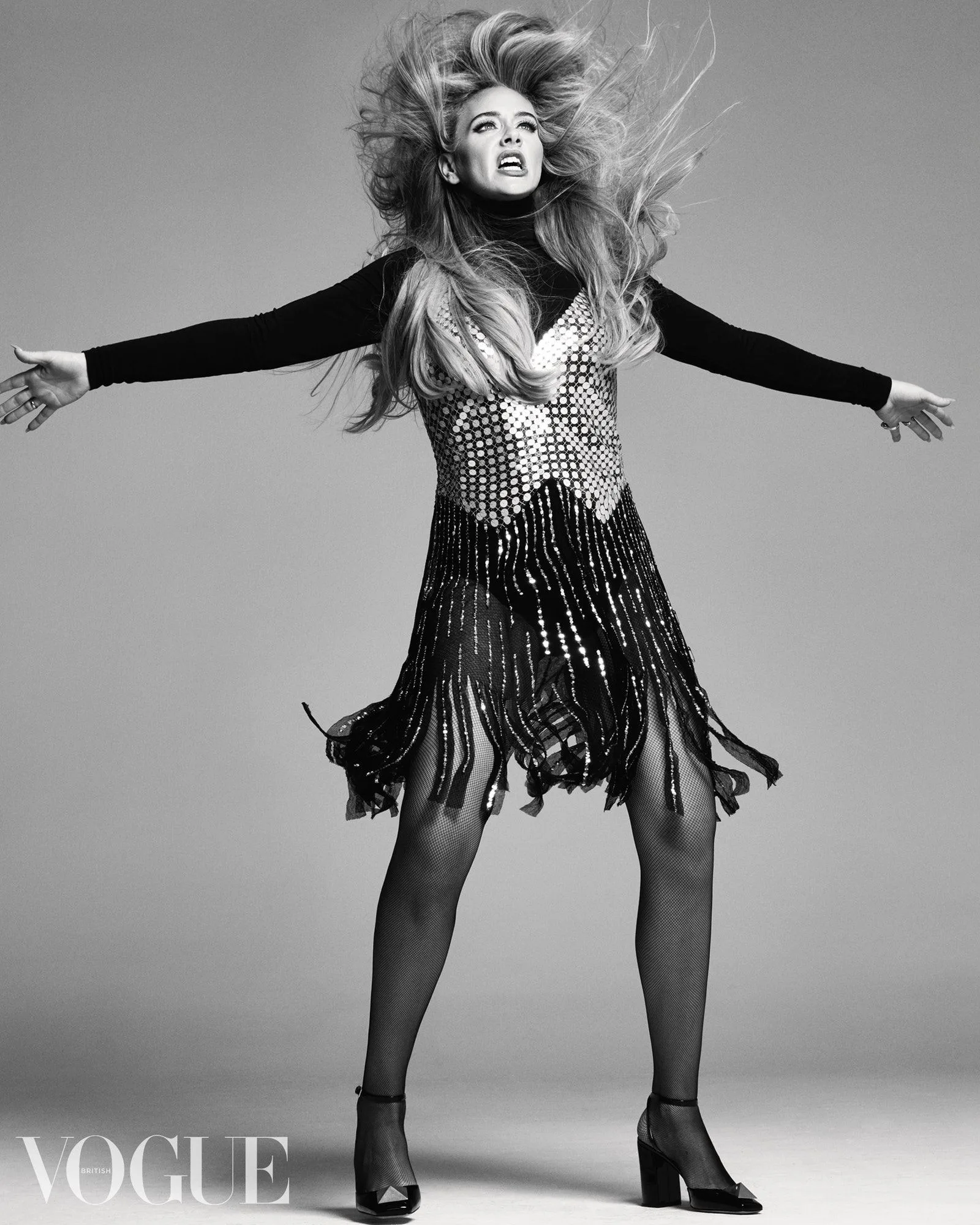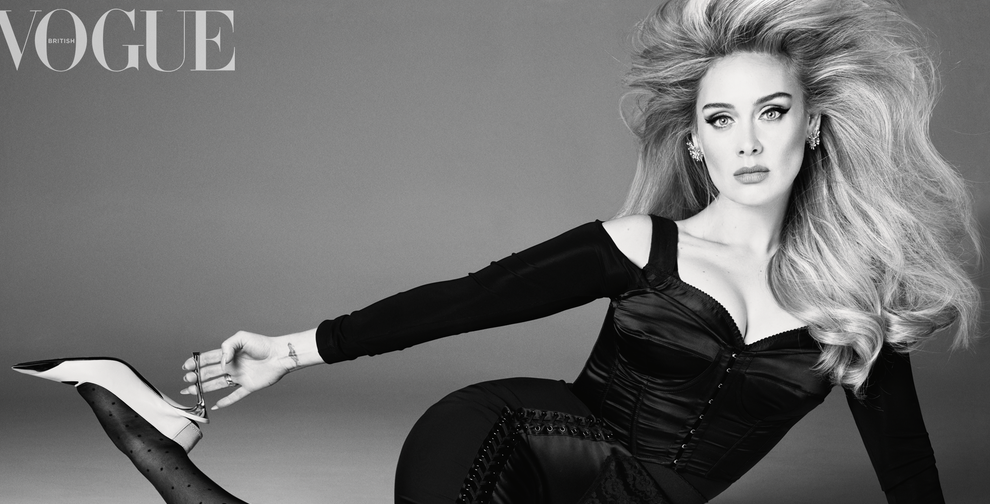Adele is back and she’s coming in with a bang. Gracing the covers of both Vogue and British Vogue ahead of the release of her new single, due out October 15, the 15-time Grammy award winner opened up about everything, including how she used her fitness routine to manage her anxiety.
Last year, the Hello singer made headlines after she posted a photo of herself to Instagram, looking noticeably slimmer. Now, while many assumed that it was the result of an amazing new wellness routine, the fact of the matter is that it wasn’t. In fact, weight loss wasn’t even part of Adele’s plans, but what was managing her anxiety, which she did so through the power of exercise.
Adele: Exercise Isn’t For Weight Loss, It’s For Anxiety
“My anxiety was so terrible. I definitely learned a lot of tools in my therapy, but I also just go with it. I find the anxiety gets worse when you try and get rid of it.” – Adele, British Vogue
In her Vogue interview, the songstress explained that working out could, be the key to better managing her anxiety, revealing that when she exercised, she didn’t have anxiety and that working out was never about losing weight,
“I thought, If I can make my body physically strong, and I can feel that and see that, then maybe one day I can make my emotions and my mind physically strong.”
Adele’s workout routine

BRITISHVOGUE/INSTAGRAM (photographed by Steven Meisel)
Speaking to British Vogue, the 33-year-old shared that she exercise two or three times a day.
“So I do my weights in the morning, then I normally hike or I box in the afternoon, and then I go and do my cardio at night. I was basically unemployed when I was doing it. And I do it with trainers.”.
According to the songwriter, the regime led to a 100-pound weight loss over a two-year period, all without being on a diet, regardless of what tabloids try to convince you.
As for why she didn’t document her journey with the world? Well, did she have to?
“People are shocked because I didn’t share my ‘journey’. They’re used to people documenting everything on Instagram, and most people in my position would get a big deal with a diet brand. I couldn’t give a flying f–k,” she said. “I did it for myself and not anyone else. So why would I ever share it? I don’t find it fascinating. It’s my body.”
Does exercise really help anxiety?
It’s clear that exercise is good for the body (thank you Adele), but it also has incredible benefits for your mental health.
For one, physical activity triggers brain chemicals known as endorphins and these feel-good hormones have been found to significantly alleviate symptoms of both anxiety and depression (1).
Secondly, moving your body can help to alleviate any muscle tension that you’re feeling as a result of your anxiety and a relaxed body can encourage a relaxed mind. What’s more, exercising also provides a welcome distraction from what’s making you anxious, as opposed to other unhealthy coping mechanisms like indulging in unhealthy treats or scrolling through your phone..
Be positive about your body
Regardless of what her body looks like, if there’s one thing that Adele will always advocate for, then it’s body positivity. She shared that while many people had different opinions about her ‘new body’, she’s still the same person that she’s always been.

In a world that’s constantly telling how you should and you shouldn’t look, being proud of the body that you have is important and it’s also great for your mental health.
“People have been talking about my body for 12 years. They used to talk about it before I lost weight. But yeah, whatever, I don’t care. You don’t need to be overweight to be body positive, you can be any shape or size. “
MAIN IMAGE CREDIT: BRITISHVOGUE/INSTAGRAM (photographed by Steven Meisel)
Want to know more?
Now while she’s not facing any deadly obstacle courses in real life, it’s easy to see that Squid Game’s Jung Ho-Yeon prioritizes her health and wellness. So, here’s how Jung Ho-Yeon keeps her skin so healthy, both on and off the screen.
References
Hu, S., Tucker, L., Wu, C., & Yang, L. (2020). Beneficial Effects of Exercise on Depression and Anxiety During the Covid-19 Pandemic: A Narrative Review. Frontiers in psychiatry, 11, 587557. https://doi.org/10.3389/fpsyt.2020.587557



![women [longevity live]](https://longevitylive.com/wp-content/uploads/2020/01/photo-of-women-walking-down-the-street-1116984-100x100.jpg)










